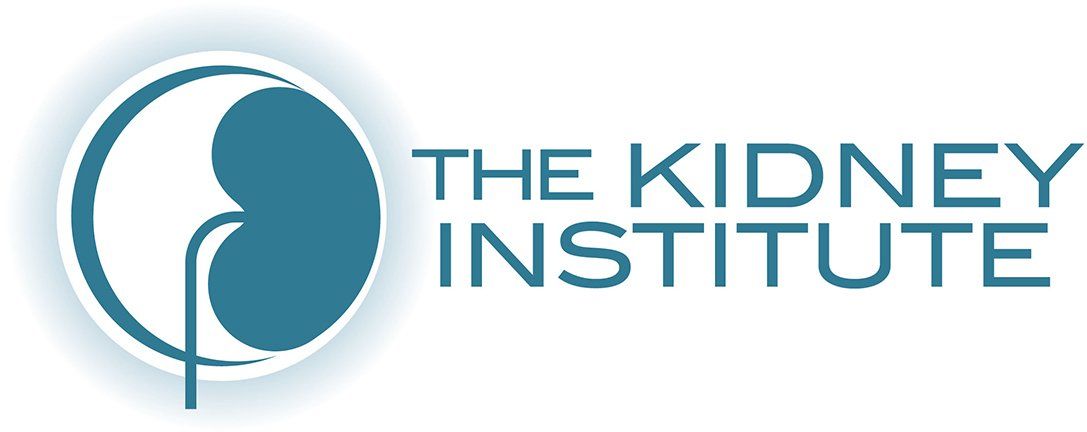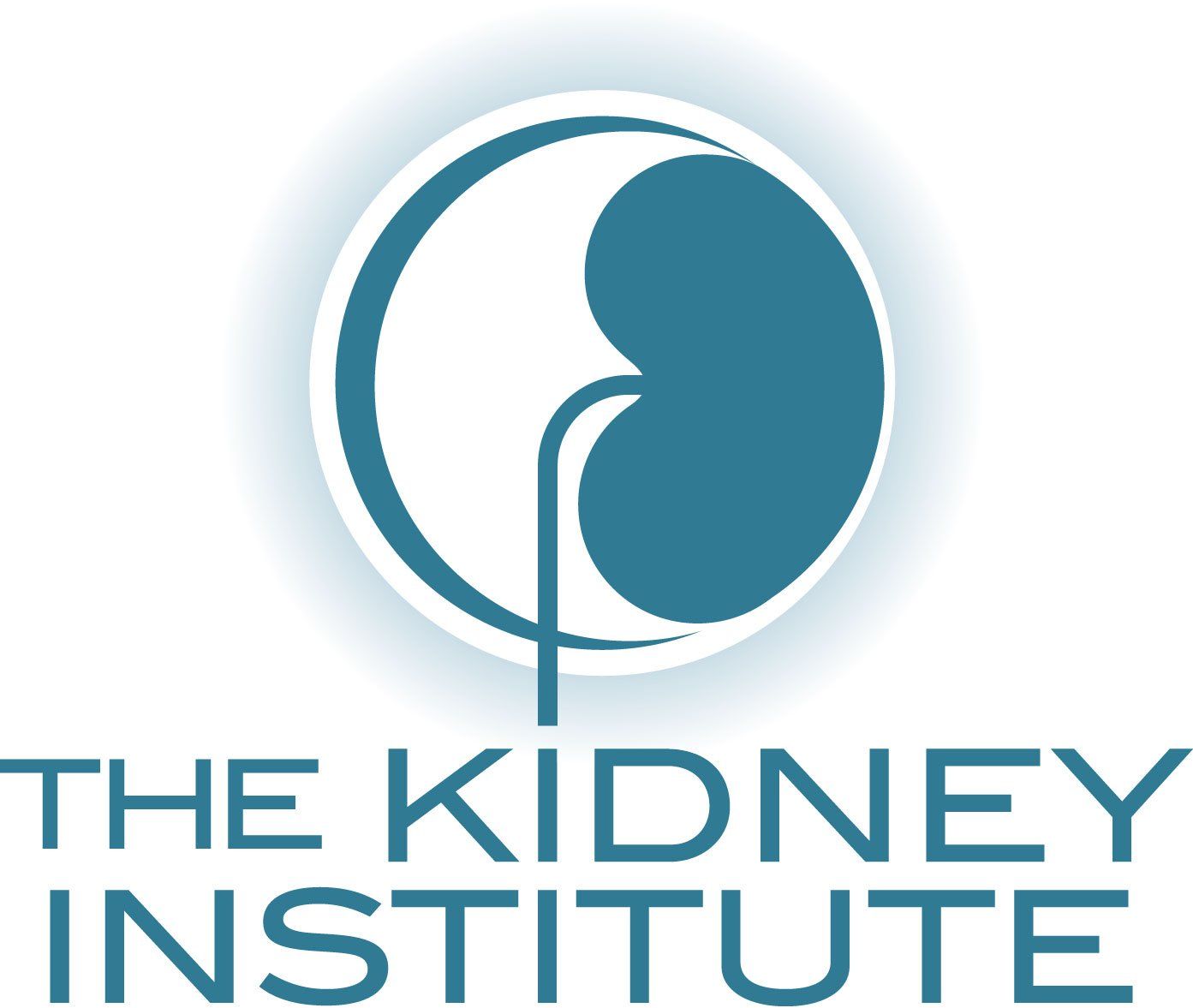FAQ'S
Top Most Frequently Asked Questions
If you don't find a quick answer to your specific question below, please reach out to us to set up a kidney consultation today with one of our board certified physicians.
What insurance plans do you accept?
Since Insurance plans are subject to change, we ask that you please contact our office to confirm your insurance coverage.
• MEDICARE - TEXAS
• BLUE CROSS BLUE SHIELD - TEXAS
• HUMANA, INC.
• UNITED HEALTH CARE
• WELLCARE
• WELLMED
• UHC WELLMED
• AETNA
• UHC MEDICARE ADVANTAGE
• OPTUM HEALTH
• AMERIGROUP
• CIGNA
• UNITED HEALTHCARE COMMUNITY PLAN
• MOLINA HEALTHCARE OF TEXAS
• COMMUNITY HEALTH CHOICE TEXAS
• AETNA MEDICARE
• AMERIVANTAGE
• DEVOTED HEALTH
• INTEGRANET
• AARP SUPPLEMENT
• AMBETTER HEALTH INSURANCE
• VAN LANG, INC.
• RENAL SPECIALISTS
• AETNA US HEALTHCARE
• CIGNA LIFESOURCE
Should I see a nephrologist or a urologist?
Nephrologists specifically treat diseases that affect the kidneys and their ability to function, such as diabetes or kidney failure. Urologists treat conditions of the urinary tract, including those that can be affected by the kidneys such as kidney stones and obstruction.
What is a kidney stone?
Kidney stones are hard deposits made of minerals and salts that form inside your kidneys.
Diet, excess body weight, some medical conditions, and certain supplements and medications are among the many causes of kidney stones. Kidney stones can affect any part of your urinary tract — from your kidneys to your bladder. Often, stones form when the urine becomes concentrated, allowing minerals to crystallize and stick together.
Passing kidney stones can be quite painful, but the stones usually cause no permanent damage if they're recognized in a timely fashion. Depending on your situation, you may need nothing more than to take pain medication and drink lots of water to pass a kidney stone. In other instances — for example, if stones become lodged in the urinary tract, are associated with a urinary infection or cause complications — surgery may be needed.
Your doctor may recommend preventive treatment to reduce your risk of recurrent kidney stones if you're at increased risk of developing them again.
What are the symptoms of a kidney stone?
A kidney stone usually will not cause symptoms until it moves around within your kidney or passes into your ureters — the tubes connecting the kidneys and the bladder. If it becomes lodged in the ureters, it may block the flow of urine and cause the kidney to swell and the ureter to spasm, which can be very painful. At that point, you may experience these signs and symptoms:
- Severe, sharp pain in the side and back, below the ribs
- Pain that radiates to the lower abdomen and groin
- Pain that comes in waves and fluctuates in intensity
- Pain or burning sensation while urinating
Other signs and symptoms may include:
- Pink, red or brown urine
- Cloudy or foul-smelling urine
- A persistent need to urinate, urinating more often than usual or urinating in small amounts
- Nausea and vomiting
- Fever and chills if an infection is present
Pain caused by a kidney stone may change — for instance, shifting to a different location or increasing in intensity — as the stone moves through your urinary tract.
Are there different types of kidney stones ?
Yes. Knowing the type of kidney stone you have helps determine its cause, and may give clues on how to reduce your risk of getting more kidney stones. If possible, try to save your kidney stone if you pass one so that you can bring it to your doctor for analysis.
Types of kidney stones include:
- Calcium stones. Most kidney stones are calcium stones, usually in the form of calcium oxalate. Oxalate is a substance made daily by your liver or absorbed from your diet. Certain fruits and vegetables, as well as nuts and chocolate, have high oxalate content.
- Struvite stones. Struvite stones form in response to a urinary tract infection. These stones can grow quickly and become quite large, sometimes with few symptoms or little warning.
- Uric acid stones. Uric acid stones can form in people who lose too much fluid because of chronic diarrhea or malabsorption, those who eat a high-protein diet, and those with diabetes or metabolic syndrome. Certain genetic factors also may increase your risk of uric acid stones.
- Cystine stones. These stones form in people with a hereditary disorder called cystinuria that causes the kidneys to excrete too much of a specific amino acid.
Can you live without a kidney?
Because your kidneys are so important, you cannot live without them. But it is possible to live a perfectly healthy life with only one working kidney.
What causes kidney cysts?
A cyst is a fluid-filled sac. You may get simple kidney cysts as you age; they are usually harmless. There are also some diseases which cause kidney cysts. One type is polycystic kidney disease (PKD). It runs in families. In PKD, many cysts grow in the kidneys. This can enlarge the kidneys and make them work poorly. About half of people with the most common type of PKD end up with kidney failure. PKD also causes cysts in other parts of the body, such as the liver.
What is CKD?
You have two kidneys, each about the size of your fist. Their main job is to filter your blood. They remove wastes and extra water, which become urine. They also keep the body's chemicals balanced, help control blood pressure, and make hormones.
Chronic kidney disease (CKD) means that your kidneys are damaged and can't filter blood as they should. This damage can cause wastes to build up in your body. It can also cause other problems that can harm your health. Diabetes and high blood pressure are the most common causes of CKD.
The kidney damage occurs slowly over many years. Many people don't have any symptoms until their kidney disease is very advanced. Blood and urine tests are the only way to know if you have kidney disease.
Treatments cannot cure kidney disease, but they may slow kidney disease. They include medicines to lower blood pressure, control blood sugar, and lower cholesterol. CKD may still get worse over time. Sometimes it can lead to kidney failure. If your kidneys fail, you will need dialysis or a kidney transplantation.
You can take steps to keep your kidneys healthier longer:
- Choose foods with less salt (sodium)
- Control your blood pressure; your health care provider can tell you what your blood pressure should be
- Keep your blood sugar in the target range, if you have diabetes
- Limit the amount of alcohol you drink
- Choose foods that are healthy for your heart: fruits, vegetables, whole grains, and low-fat dairy foods
- Lose weight if you are overweight
- Be physically active
- Don't smoke
Can a person have CKD without symptoms?
Yes, it is possible to have chronic kidney disease for a long time and have no symptoms. Damage to the kidneys can occur slowly and gradually over many years, even decades. The most common causes of kidney damage includes high blood pressure that is poorly managed and uncontrolled diabetes.
What is kidney dialysis?
Your kidneys' main job is to remove toxins and extra fluid from your blood. If waste products build up in your body, it can be dangerous and even cause death. Kidney dialysis (peritoneal dialysis and other types of dialysis) does some of the job of the kidneys when they stop working well.
The dialysis process:
- Removes extra salt, water, and waste products so they do not build up in your body
- Keeps safe levels of minerals and vitamins in your body
- Helps control blood pressure
- Helps produce red blood cells
Peritoneal dialysis (PD) removes waste and extra fluid through the blood vessels that line the walls of your abdomen. A membrane called the peritoneum covers the walls of your abdomen.
PD involves putting a soft, hollow tube (catheter) into your abdominal cavity and filling it with a cleansing fluid (dialysis solution). The solution contains a type of sugar that draws out waste and extra fluid. The waste and fluid passes from your blood vessels through the peritoneum and into the solution. After a set amount of time, the solution and waste is drained and thrown away.
The process of filling and draining your abdomen is called an exchange. The length of time the cleansing fluid remains in your body is called the dwell time. The number of exchanges and amount of dwell time depends on the method of PD you use and other factors.
Your doctor will perform surgery to place the catheter in your abdomen where it will stay. It is most often near your belly button.
PD may be a good option if you want more independence and are able to learn to treat yourself. You will have a lot to learn and need to be responsible for your care. You and your caregivers must learn how to:
- Perform PD as prescribed
- Use the equipment
- Buy and keep track of supplies
- Prevent infection
With PD, it is important not to skip exchanges. Doing so can be dangerous to your health.
Some people feel more comfortable having a health care provider handle their treatment. You and your provider can decide what is best for you.
TYPES OF PERITONEAL DIALYSIS
PD gives you more flexibility because you do not have to go to a dialysis center. You can have treatments:
- At home
- At work
- While traveling
There are 2 types of PD:
- Continuous ambulatory peritoneal dialysis (CAPD). For this method, you fill your abdomen with fluid, then go about your daily routine until it is time to drain the fluid. You are not hooked up to anything during the dwell period, and you do not need a machine. You use gravity to drain the fluid. The dwell time is usually about 4 to 6 hours, and you will need 3 to 4 exchanges each day. You will have a longer dwell time at night while you sleep.
- Continuous cycling peritoneal dialysis (CCPD). With CCPD, you are connected to a machine that cycles through 3 to 5 exchanges at night while you sleep. You must be attached to the machine for 10 to 12 hours during this time. In the morning, you begin an exchange with a dwell time that lasts all day long. This allows you more time during the day without having to do exchanges.
The method you use depends on your:
- Preferences
- Lifestyle
- Medical condition
You can also use some combination of the two methods. Your provider will help you find the method that works best for you.
Your provider will monitor you to make sure the exchanges are removing enough waste products. You will also be tested to see how much sugar your body absorbs from the cleansing fluid. Depending on the results, you may need to make certain adjustments:
- To do more exchanges per day
- To use more cleansing fluid at each exchange
- To decrease the dwell time so you absorb less sugar
WHEN TO START DIALYSIS
Kidney failure is the last stage of long-term (chronic) kidney disease. This is when your kidneys can no longer support your body's needs. Your doctor will discuss dialysis with you before you need it. In most cases, you will go on dialysis when you have only 10% to 15% of your kidney function left.
What are the 5 stages of kidney failure?
Chronic kidney disease (CKD) is divided into five stages. They are based on the results of an estimated glomerular filtration rate (eGFR) screening. This is a blood test that sees how much creatinine is in your blood. Creatinine is a waste product in your blood that comes from your muscles. Healthy kidneys take creatinine out of your blood and remove it from your body through urine.
If creatinine is building up in your body, it is a sign your kidneys are having problems filtering toxins and wastes.
Based on a mathematical formula that includes your creatinine level, age, gender, muscle mass, and ethnicity, your provider will come up with your eGFR and stage of your disease.
- Stage 1: eGFR 90 or greater—kidneys working normally
- Stage 2: eGFR 60 to 89—mild kidney damage
- Stage 3a: eGFR 45 to 59—mild to moderate kidney damage
- Stage 3b: eGFR 30 to 44—moderate to severe kidney damage
- Stage 4: eGFR 15 to 29—severe kidney damage
- Stage 5: eGFR less than 15—kidney failure
Your eGFR can change over time, and will go down as your CKD worsens. However, you can still have CKD if your eGFR is in the normal range and you have signs of kidney damage, like protein in your urine.
Your nephrologist will regularly calculate your eGFR levels, and may order other tests that look for kidney problems, such as the presence of protein or blood in your urine. Your nephrologist will answer any questions you may have about these tests.
How does Type 2 Diabetes affect the Kidneys?
Diabetes is a disease in which your blood glucose, or blood sugar, levels are too high. Glucose comes from the foods you eat. Insulin is a hormone that helps the glucose get into your cells to give them energy. With type 1 diabetes, your body does not make insulin. With type 2 diabetes, the more common type, your body does not make or use insulin well. Without enough insulin, the glucose stays in your blood. You can also have prediabetes. This means that your blood sugar is higher than normal but not high enough to be called diabetes. Having prediabetes puts you at a higher risk of getting type 2 diabetes.
Over time, having too much glucose in your blood can cause serious problems. It can damage your eyes, kidneys, and nerves. Diabetes can also cause heart disease, stroke and even the need to remove a limb. Pregnant women can also get diabetes, called gestational diabetes.
Blood tests can show if you have diabetes. One type of test, the A1C, can also check on how you are managing your diabetes. Exercise, weight control and sticking to your meal plan can help control your diabetes. You should also monitor your blood glucose level and take medicine if prescribed.
How do I donate a kidney?
If you have two healthy kidneys, you may be able to donate one to improve or even save someone else's life.
If you want to donate to someone you know, such as a family member, friend, or someone in your community, your first step is to contact the transplant hospital where they’re waiting for a transplant.
What is the Kidney Donor Selection Criteria?
To be considered a kidney donor, you must meet the following criteria:
- Must be at least 18 years of age.
- Must be willing to donate of his or her own free will and without monetary gain or mental coercion. The donor must also have full knowledge of the risks and complications that could occur during surgery
- Blood type compatibility and a negative cross match must be verified between the donor and the recipient.
- Negative serum pregnancy at test at the time of the evaluation and transplant for women of childbearing age.
- Must be in good health free from hypertension, diabetes, cancer, kidney disease, heart disease, active alcohol and or substance abuse issues, or any other medical conditions that are deemed unsuitable.
- Must have a BMI less than or equal to 35.
Disclaimer
The content on this website is here to educate consumers on healthcare and medical issues that may affect their daily lives. The information provided on this website does not, and is not intended to, constitute medical advice; instead, all information, content, and materials available on this site are for general informational purposes only.
No content on this website should be considered, or used as a substitute for, medical advice, diagnosis, or treatment. Use of this website does not constitute the practice of any medical, nursing, or other professional health care advice, diagnosis, or treatment. You should always talk to your health care provider for diagnosis and treatment. None of the information offered through this website represents or warrants that any particular service or product is safe, appropriate, or effective for you. Information on this website may not constitute the most up-to-date medical, legal or other information. This website contains links to other third-party websites. Such links are only for the convenience of the reader, user or browser; TKI does not recommend or endorse the contents of the third-party sites.
Readers of this website should contact their own doctor to obtain advice with respect to any health matters. No reader, user, or browser of this site should act or refrain from acting on the basis of information on this site without first seeking medical advice from their own physician.
Much of the content provided here is shared courtesy of the
National Library of Medicine.
All liability with respect to actions taken or not taken based on the contents of this site are hereby expressly disclaimed. The content on this post and website is provided "as is;" no representations are made that the content is error-free.
Do you have a question or need to schedule an appointment?
Our welcoming staff invites your inquiry and are honored to assist you and your family.
We are good listeners and strive to promptly respond to your questions and concerns.


